Eating These Foods Can Increase Your High Blood Pressure
High blood pressure, or hypertension, is often referred to as the “silent killer” because it can go unnoticed for years while silently causing damage to the cardiovascular system. Your dietary choices can manage, prevent, or increase high blood pressure. Here are common foods that can increase your high blood pressure.
Ketchup
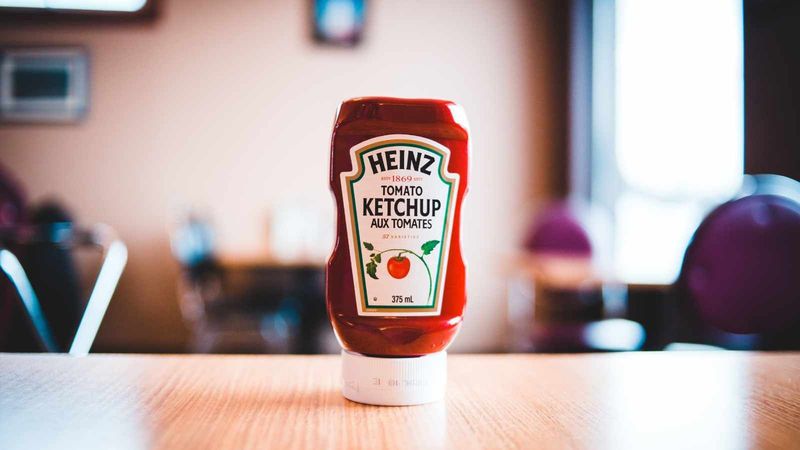
Ketchup is a commonly used condiment known for its high sugar and salt content. Excessive ketchup consumption can lead to elevated blood pressure as it causes water retention in the body, putting strain on the heart.
Canned Soups
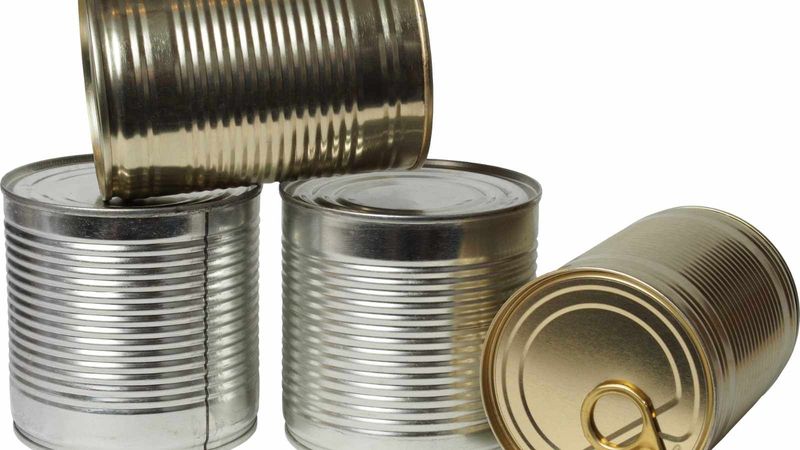
Canned soups, although convenient and quick to prepare, contribute to hypertension due to their excessive sodium content. It results in water retention, increasing your heart’s blood volume. Over time, this additional strain can lead to elevated blood pressure and an increased risk of cardiovascular disease.
Margarine
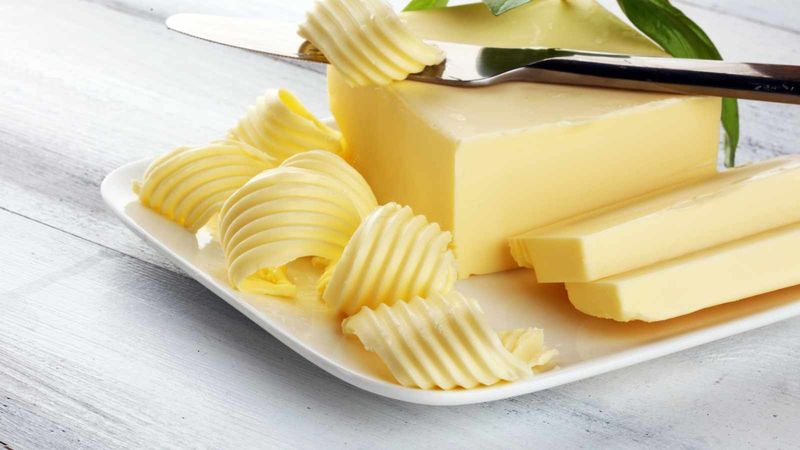
Margarine is a popular alternative to butter and can also be a culprit in increasing blood pressure levels. It is made from vegetable oils that undergo hydrogenation, resulting in trans fats. Trans fats are known to increase LDL (bad) cholesterol and decrease HDL (good) cholesterol levels, leading to plaque buildup in the arteries.
Soda
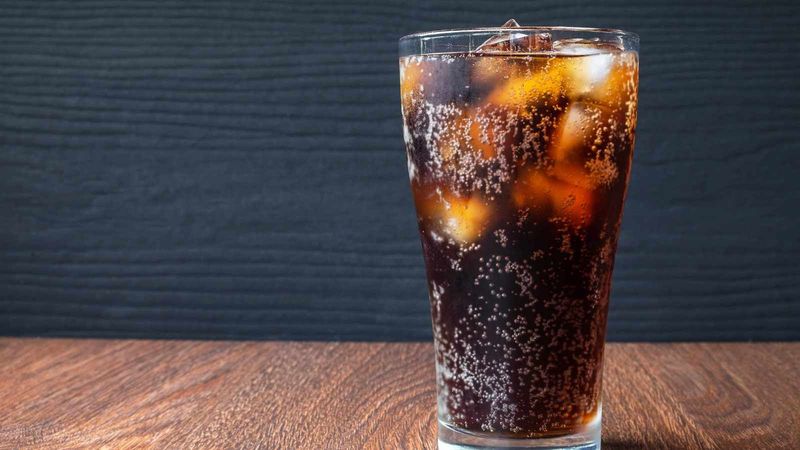
Soda, including diet soda, is a common beverage choice that can lead to hypertension. Sodas are often high in sugar and sodium, contributing to weight gain and increasing blood pressure levels. The caffeine in sodas can also cause temporary spikes in blood pressure.
Alcohol

Consuming alcohol can lead to elevated blood pressure, especially when consumed in excess. Alcohol dehydrates the body and narrows blood vessels, leading to increased strain on the heart and circulatory system. Over time, excessive consumption of alcohol can also damage the arteries and increase the risk of cardiovascular disease.
Bacon
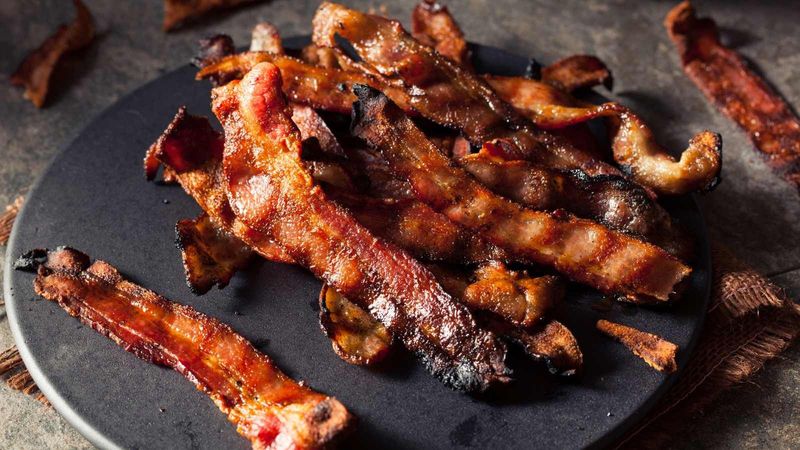
Bacon is high in sodium, preservatives, and nitrates. These components can cause blood vessels to constrict, increasing blood pressure levels. They also contain high amounts of saturated and trans fats, which can contribute to weight gain and cardiovascular disease.
Soy Sauce
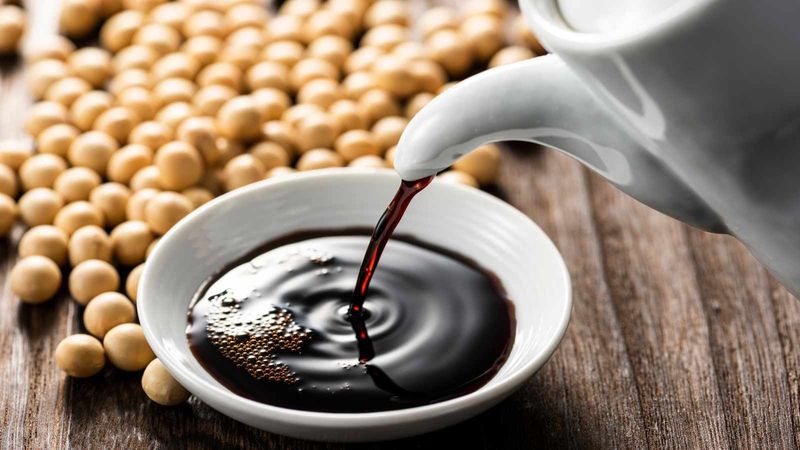
Soy sauce is a staple condiment in many Asian cuisines and can significantly contribute to high blood pressure. It is extremely high in sodium, with just one tablespoon containing almost 40% of the recommended daily intake. Regular consumption of soy sauce can lead to water retention and elevated blood pressure levels.
Pickles

Pickles are fermented in saltwater, making them high in sodium. Excessive sodium consumption can result in water retention and increased blood pressure levels. They also often contain preservatives and added sugars, increasing their negative impact on blood pressure.
Frozen Seafood
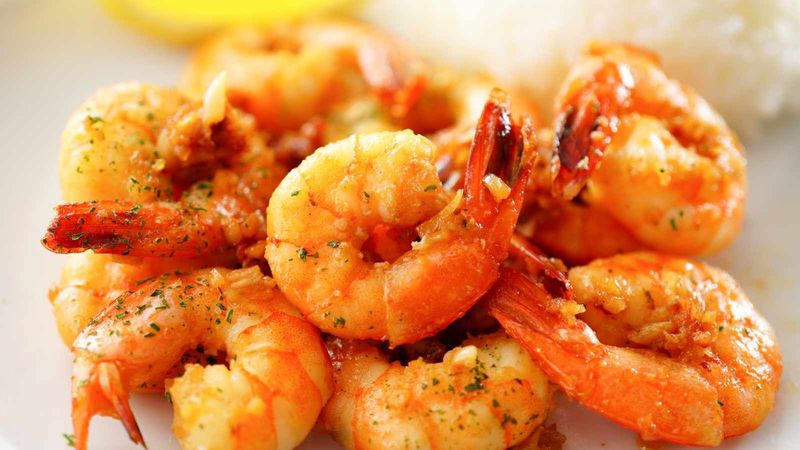
Frozen seafood, like fish sticks and shrimp, is often high in sodium and can contribute to hypertension. Additionally, some types of frozen seafood can contain added preservatives and artificial flavorings, adversely affecting blood pressure levels.
Pizza
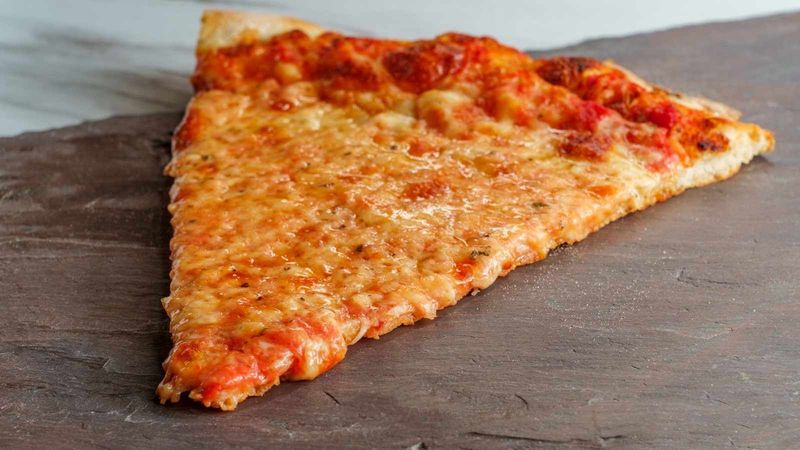
Pizza is a popular fast food choice known for its high sodium and saturated fat content. Excessive consumption of pizza can lead to weight gain, increasing the risk of hypertension. The processed meats commonly used as toppings can also elevate blood pressure levels.
Tacos
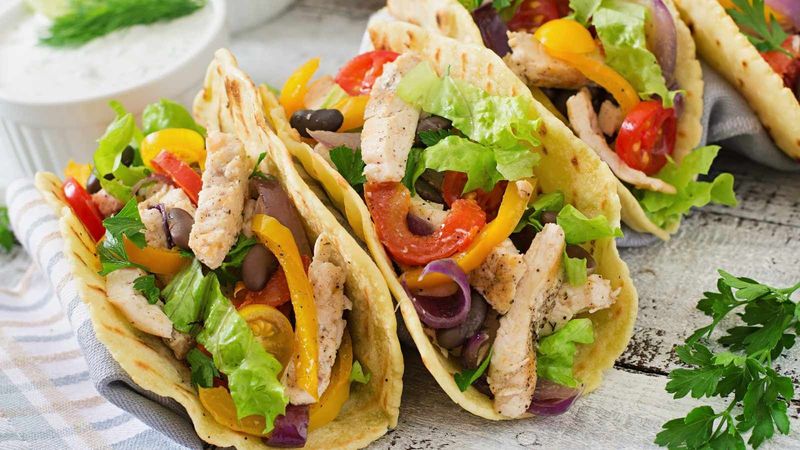
Tacos are a beloved dish but can also affect blood pressure levels. Combining processed meats, cheese, and salty toppings can make tacos high in sodium and unhealthy fats. Regular consumption can cause weight gain and an increased risk of high blood pressure.
Creamy Salad Dressings
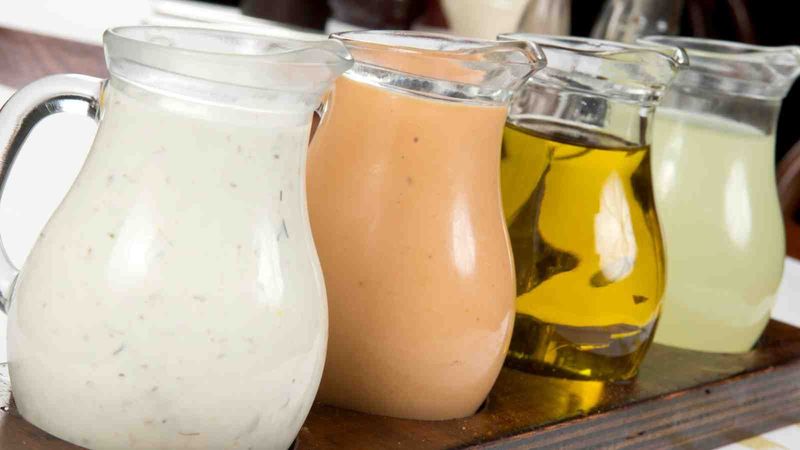
Creamy salad dressings, like ranch or blue cheese, are often high in sodium and unhealthy fats. Consuming many dressings can lead to weight gain and elevated blood pressure levels. Opt for healthier dressing options, such as balsamic vinaigrette or olive oil-based dressings.
Bread
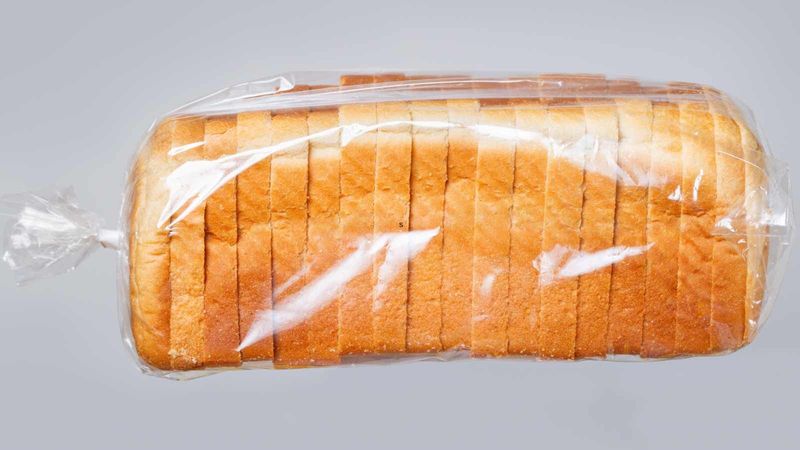
Bread is a staple in many diets, but some types can contribute to hypertension. Consuming white bread can result in elevated blood sugar levels, weight gain, and heightened susceptibility to developing high blood pressure. Opt for whole-grain or multigrain options instead.
Table Salt

Table salt is a common ingredient in many meals and can significantly contribute to hypertension. It contains high amounts of sodium, which leads to water retention and increased blood pressure levels. Limit your intake of table salt and opt for other seasonings with less sodium, like herbs and spices.
Cheese

Cheese is high in sodium and saturated fat, making it a food to watch for people with hypertension. Regular consumption of cheese can lead to weight gain and increased blood pressure levels. Opt for lower sodium options or alternative toppings for your dishes.
